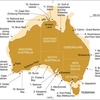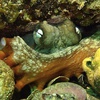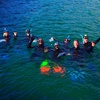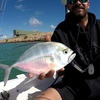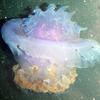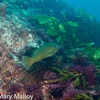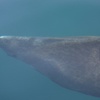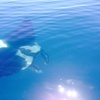
WA divers asked to upload manta ray snaps for science
A University of Queensland scientist is calling for volunteer divers to photograph the underside of manta rays in waters off the Western Australian coastline and upload them to Facebook as part of a research project. Read more at UQ News.


